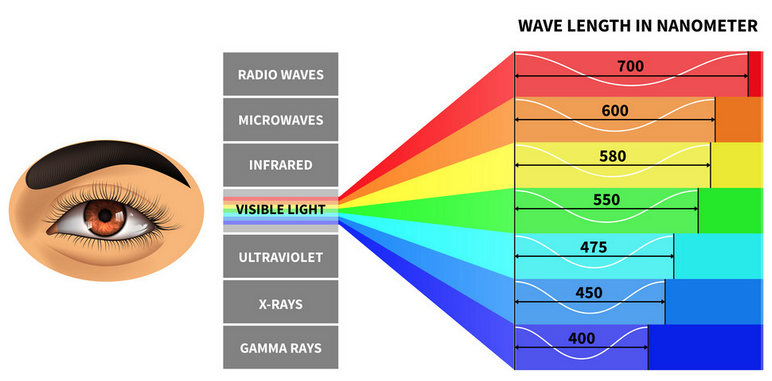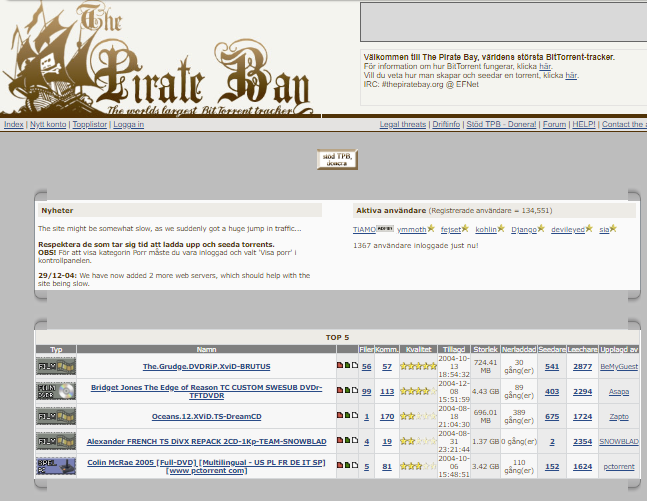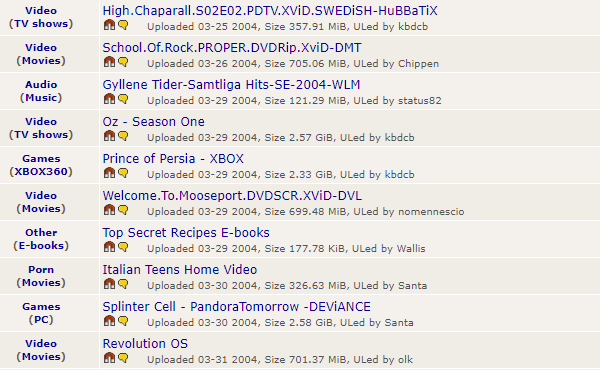Italian Version of Article 17 Requires LEGAL Content to Be Filtered Out
lundi 20 mai 2019 à 17:48
After years of work, on March 26, 2019 the new EU Copyright Directive was adopted, with 348 Members of Parliament in favor, 274 against, and 36 abstentions.
A little under a month later, the EU Council of Ministers waved the legislation through, despite opposition from Italy, Luxembourg, Netherlands, Poland, Finland, and Sweden. Belgium, Estonia, and Slovenia abstained.
EU member states were then granted two years to implement the law, which includes the controversial Article 17 (formerly 13). That requires platforms like YouTube to sign licensing agreements with creators. If that proves impossible, they will have to ensure that infringing content uploaded by users is taken down and not re-uploaded to their services.
Or, if one takes on face value a recently published official translation of the Directive, something much more outrageous.
As revealed by Eleonara Rosati over at IPKitten, someone has made a small but monumental mistake when transposing the Directive into Italian.
First, the relevant section in English;
7. The cooperation between online content-sharing service providers and rightholders shall not result in the prevention of the availability of works or other subject matter uploaded by users, which do not infringe copyright and related rights, including where such works or other subject matter are covered by an exception or limitation.
Now, the same section in the Italian version (translated back to English);
7. Cooperation between online content sharing service providers and rights holders must prevent the availability of works or other materials uploaded by users that do not infringe copyright or related rights, even in cases where such works or other materials are subject to an exception or limitation.
So, according to this translation, sites like YouTube must work with rightsholders to ensure that non-infringing works are never made available on their platforms, even when the use of such works is allowed under relevant exceptions, presumably including…..erm….fair use. Or is that unfair use? Difficult to say.
Rosati suggests on Twitter that people might like to run through the now fully-published Directive on the Official Journal of the EU to see if there are any other errors in other countries’ translations.
Considering Italy didn’t want this law to pass, it’s lucky this error got spotted early or the much-heralded “meme ban” might’ve been just the tip of the iceberg.
Source: TF, for the latest info on copyright, file-sharing, torrent sites and more. We also have VPN reviews, discounts, offers and coupons.
 This week we have three newcomers in our chart.
This week we have three newcomers in our chart. Founded in 2012,
Founded in 2012, 




 When The Pirate Bay launched in the second half of 2003, the World Wide Web looked nothing like it does today.
When The Pirate Bay launched in the second half of 2003, the World Wide Web looked nothing like it does today.
